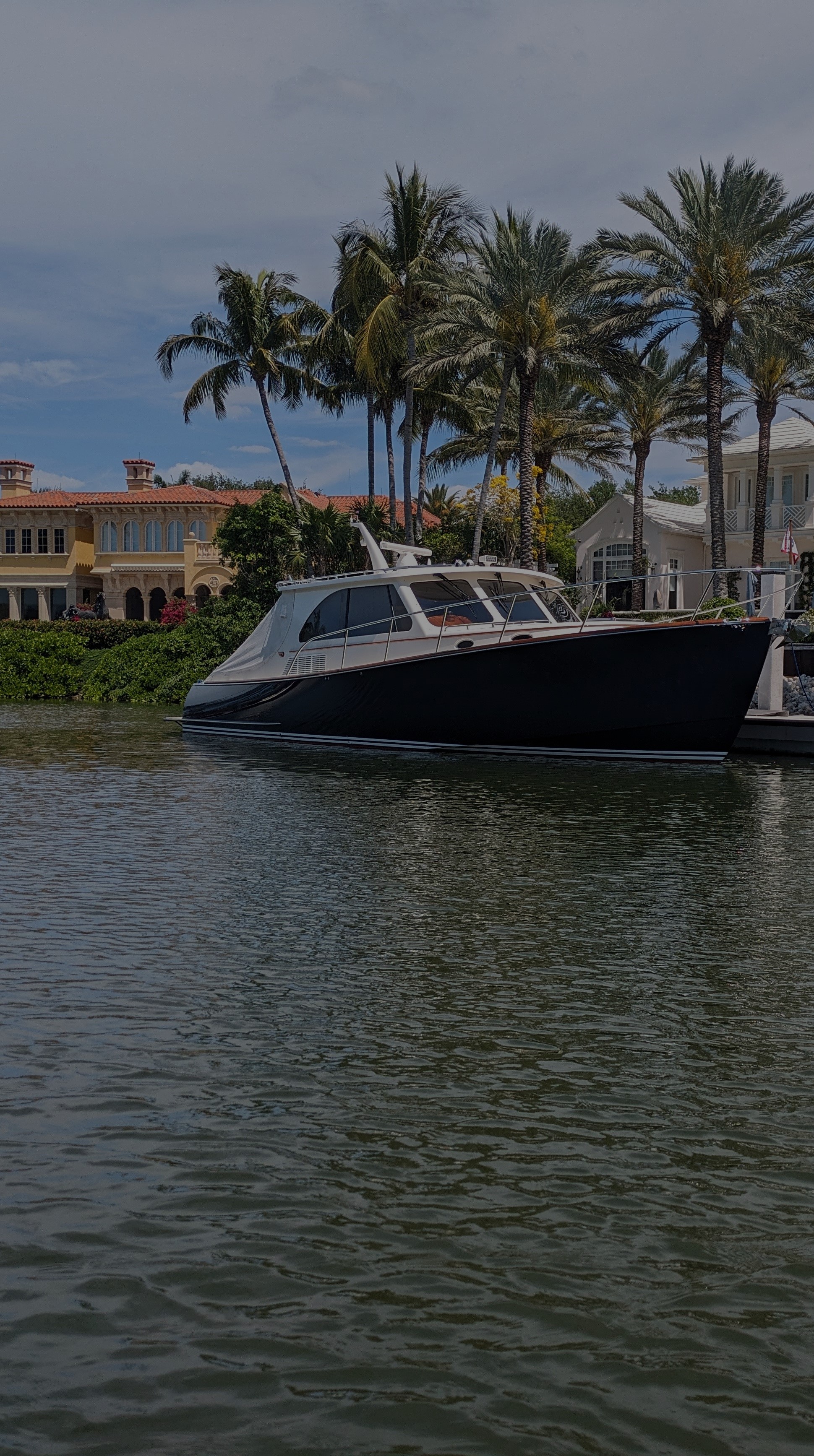
What to Know About Boat Warranties
Author: The Keen2Boat Team
Published Date: 2024-06-02 11:52:00-07:00

Purchasing a boat is a significant investment, and understanding the nuances of boat warranties can help protect your purchase. Boat warranties offer peace of mind by covering certain repairs and replacements, ensuring you can enjoy your time on the water with your friends and family, without unexpected expenses. This article explores the key aspects of boat warranties, including types, coverage details, and tips for maximizing their benefits.
Types of Boat Warranties
Manufacturer’s Warranty: This is the most common type of warranty, provided by the boat manufacturer. It typically covers defects in materials and workmanship for a specified period, often ranging from one to five years. Manufacturer warranties can vary significantly between different brands and models, so it's essential to read the terms carefully.
Extended Warranty: Also known as a service contract, an extended warranty can be purchased to cover your boat beyond the manufacturer’s warranty period. These warranties can be tailored to specific needs and budgets, offering extended protection for various components and systems.
Engine Warranty: Since the engine is one of the most critical and expensive parts of a boat, many manufacturers offer separate warranties for engines. These warranties can cover repairs or replacements due to defects in materials or workmanship.
Component Warranty: Individual components such as electronics, navigation systems, and other accessories may come with their own warranties from the respective manufacturers. These warranties are separate from the overall boat warranty and cover specific parts for a designated period.
What Boat Warranties Typically Cover
Structural Components: This includes the hull, deck, and other primary structural elements of the boat. Warranties often cover repairs or replacements if these parts fail due to defects in materials or workmanship.
Mechanical Systems: Engines, transmissions, and other mechanical components are usually covered under warranties, protecting against failures resulting from manufacturing defects.
Electrical Systems: Warranties often cover the boat’s electrical systems, including wiring, lighting, and other electronic components, ensuring they function correctly without defects.
Safety Equipment: Some warranties include coverage for safety equipment like bilge pumps, fire extinguishers, and navigation lights, ensuring these critical systems are reliable and functional.
What Boat Warranties Might Not Cover
Normal Wear and Tear: Warranties typically do not cover parts that fail due to normal use, wear, and tear. Regular maintenance and replacements are the owner’s responsibility.
Accidental Damage: Damage caused by accidents, misuse, or neglect is generally not covered by warranties. It's essential to follow proper operating procedures and maintenance guidelines to avoid voiding your warranty.
Environmental Damage: Issues arising from environmental factors such as corrosion, UV damage, or marine growth are often excluded from warranty coverage. Protecting your boat from harsh conditions and performing regular maintenance can help mitigate these risks.
Tips for Maximizing Your Boat Warranty
Read the Fine Print: Understand the terms and conditions of your warranty thoroughly. Pay attention to what is covered, what is excluded, and the duration of the coverage.
Keep Detailed Records: Maintain detailed records of all maintenance and repairs. Proper documentation can be crucial if you need to make a warranty claim, as manufacturers may require proof that the boat has been properly maintained.
Perform Regular Maintenance: Adhering to the manufacturer’s maintenance schedule is essential. Regular inspections, servicing, and repairs can help prevent issues that might not be covered by the warranty and ensure your boat remains in good condition.
Use Authorized Service Providers: Some warranties require that repairs and maintenance be performed by authorized service providers. Using unauthorized providers could void your warranty, so always check before scheduling service.
Register Your Warranty: Make sure to register your boat and its components with the manufacturer to activate the warranty coverage. This step is often required to receive full benefits.
Conclusion
Understanding boat warranties is a crucial aspect of boat ownership. By knowing what is covered, what isn’t, and how to maintain your boat to keep the warranty valid, you can protect your investment and enjoy worry-free boating. Always read the warranty terms carefully, keep up with regular maintenance, and use authorized service providers to maximize the benefits of your boat warranty. With the right knowledge and preparation, you can sail confidently, knowing your boat is backed by solid protection.
